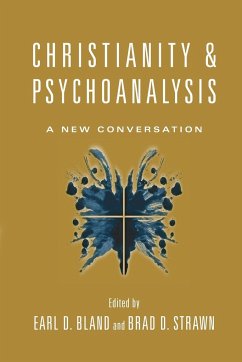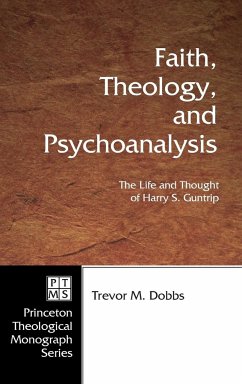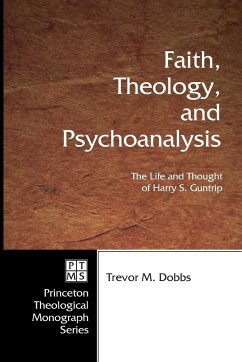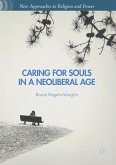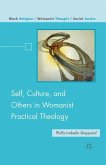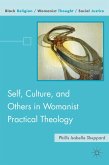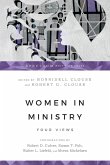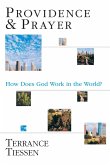Unsurprisingly, given Sigmund Freud's understanding of religion, the conversation between Christianity and psychoanalysis has long been marked by mutual suspicion. Psychoanalysis originated within a naturalist, post-Enlightenment context and sought to understand human functioning and pathology--focusing on phenomena such as the unconscious and object representation--on a strictly empirical basis. Given certain accounts of divine agency and human uniqueness, psychoanalytic work was often seen as competitive with a Christian understanding of the human person. The contributors to Christianity and Psychoanalysis seek to start a new conversation. Aided by the turn to relationality in theology, as well as by a noncompetitive conception of God?s transcendence and agency, this book presents a fresh integration of Christian thought and psychoanalytic theory. The immanent processes identified by psychoanalysis need not compete with Christian theology but can instead be the very means by which God is involved in human existence. The Christian study of psychoanalysis can thus serve the flourishing of God?s kingdom. Christian Association for Psychological Studies (CAPS) Books explore how Christianity relates to mental health and behavioral sciences including psychology, counseling, social work, and marriage and family therapy in order to equip Christian clinicians to support the well-being of their clients.
Bitte wählen Sie Ihr Anliegen aus.
Rechnungen
Retourenschein anfordern
Bestellstatus
Storno

